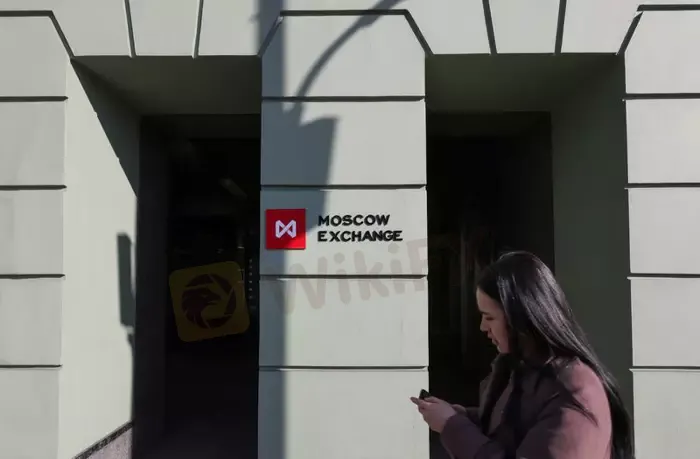简体中文
繁體中文
English
Pусский
日本語
ภาษาไทย
Tiếng Việt
Bahasa Indonesia
Español
हिन्दी
Filippiiniläinen
Français
Deutsch
Português
Türkçe
한국어
العربية
Moscow Exchange to reduce use of dollars as collateral
Abstract:The Moscow Exchange will cut the maximum amount of dollars it will accept as collateral to underwrite transactions, it said on Monday, as Russia is seeks to reduce its dependence on currencies of countries that have imposed sanctions on it.

Russian authorities have voiced concerns about individual and corporate holdings of dollars and other currencies that it terms “unfriendly”, calling for their conversion into alternatives.
The Moscow Exchange – the countrys largest bourse – said it will from Aug 15 halve the proportion of dollars in the collateral that users of its platform provide to carry out transactions to 25% from 50%.
De-dollarisation in Russia has gained pace since Western countries imposed unprecedented sanctions after Russia sent tens of thousands of troops into Ukraine on Feb. 24. The sanctions have impaired Moscows access to international economic and global trading systems.
The central bank said on Monday it planned to differentiate the cost of foreign currency loans for legal entities and their investments in debt securities depending on whether they were denominated in currencies of friendly or unfriendly countries.

Disclaimer:
The views in this article only represent the author's personal views, and do not constitute investment advice on this platform. This platform does not guarantee the accuracy, completeness and timeliness of the information in the article, and will not be liable for any loss caused by the use of or reliance on the information in the article.
Read more

Australian Dollar Surges as Trade Surplus Hits 11-Month High: A Golden Opportunity for Forex Traders
Australia's trade surplus has surged to an 11-month high, reaching $5.62 billion in January 2025. The unexpected boost in trade surplus was primarily driven by a 1.3% month-over-month increase in exports, with non-monetary gold playing a starring role.

ECB Set to Cut Rates, But Future Path Uncertain Amid Global Tensions
- ECB expected to cut interest rates on March 6 - Future rate decisions unclear due to ongoing inflation and global trade issues - Markets expect more cuts, but some ECB officials urge caution

Forex Trading Mastery: The Ultimate Winning Formula
The foreign exchange market is inherently volatile, with its sharp fluctuations driven not only by changes in the global economic landscape but also by large-scale speculative capital and the influence of major market players, further intensifying its instability.

Gold Surge News: Central Banks Expand Gold Reserves—Will Prices Rise?
Central banks have purchased over 1,000 tons of gold annually for three consecutive years, and 2024 is no exception. However, the key question remains: as demand for gold continues to rise, will its price keep increasing?
WikiFX Broker
Latest News
Is TUOTENDA a cryptocurrency scam primarily targeting men over the age of 50?
Canada to Enforce Retaliatory Tariffs if U.S. Duties Persist
Unbelievable! Is the Yen Really Gaining Strength?
$13M Pig Butchering Scam: Three Arrested for Money Laundering
FINMA Opens Bankruptcy Proceedings
FCA Issues Warning Against 14 Unregistered Financial Firms
Crypto Scam Exposed: 3 Arrested for Defrauding Investors
Nifty 50 Index Futures Now Available at Interactive Brokers
Grand Unveiling: The Core Reasons Behind the Yen’s Rise
Ethereum’s Shock Drop: What’s The Real Reason?
Currency Calculator






